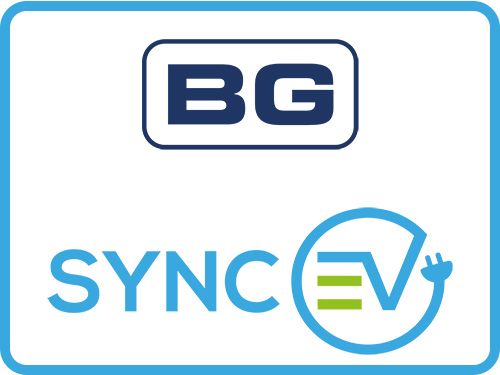The Importance Of Updating And Upgrading Your Building’s Operational Technology

As technology swiftly advances, so do the OSes that building management systems (BMS) are built on. With many OSes becoming obsolete, such as Windows Server 2012 and Windows Server 2012 R2, which will retire in October 2023, the retirement of these OSes gives businesses a chance to move towards networks that help improve their speed, security, and functionality.
Considering BMS are at the core of many building operations, when the foundation of a facility’s BMS is unsupported, it is vital for facilities managers to update their systems to safeguard operations.
The Potential Challenges Ahead
Operating BMS’s on retired OSes presents significant challenges to those in the industry. Continuing to work on OSes that are past their end life can result in instability and impact the overall usability of the BMS. Technical support, including critical activities like patching and bug fixing, may no longer be available, leaving these systems vulnerable to security threats and functionality issues.
Considering different operational technologies, such as heating, ventilating, and air conditioning (HVAC) systems and lighting are often connected to networks, continuing to use outdated, unsupported OSes may expose a buildings BMS to cyberattacks and data breaches. This lack of security can lead to unauthorised access, data theft, or system manipulation, potentially compromising the integrity and functionality of critical building management operations.
Additionally, employing retired OSes increases the likelihood of facility operation failures, which can affect the HVAC system, lighting, and security systems. These outdated OSes may struggle to support the necessary protocols, leading to disruptions in daily operations. For example, if the security system is impacted, employees might have trouble gaining entry to their office building. Rectifying these issues can be both time‑consuming and costly, requiring extensive maintenance and system repairs.
In fact, considering 41 percent of businesses rely on unsupported OSes, running on outdated OSes poses a serious risk to building owners and managers who rely on BMS’s for efficient and secure operations. It is therefore imperative to consider upgrading to supported OSes to mitigate security risks, maintain integrity of BMS’s and limit facility disruptions where possible.
Upgrading Ahead Of Time
Facilities managers who proactively upgrade their OSes can, of course, avert a host of issues. By staying ahead of obsolescence, managers bolster their system’s security, safeguard sensitive data and reduce the risk of cyber‑attacks.
Nonetheless, taking a proactive approach also ensures compatibility with the latest hardware and software, which fosters a seamless and efficient operation that minimises downtime. Updated systems often come with improved features and functionalities, allowing facilities managers to leverage new technologies for better energy efficiency and overall performance. Furthermore, utilising the latest OSes means access to ongoing technical support and updates, making system maintenance more manageable and cost‑effective in the long run.
Looking Forwards

As advancements in technologies makes certain OSes obsolete overtime, rather than ignoring update notifications, it is crucial for facilities managers and building owners to start updating their systems ahead of time.
Proactive OSes updates not only mitigate a host of risks, such as data breaches or operational disruptions, but they also empower facilities managers to harness the full potential of their building’s BMS.
Click the article to enlarge it.


























































